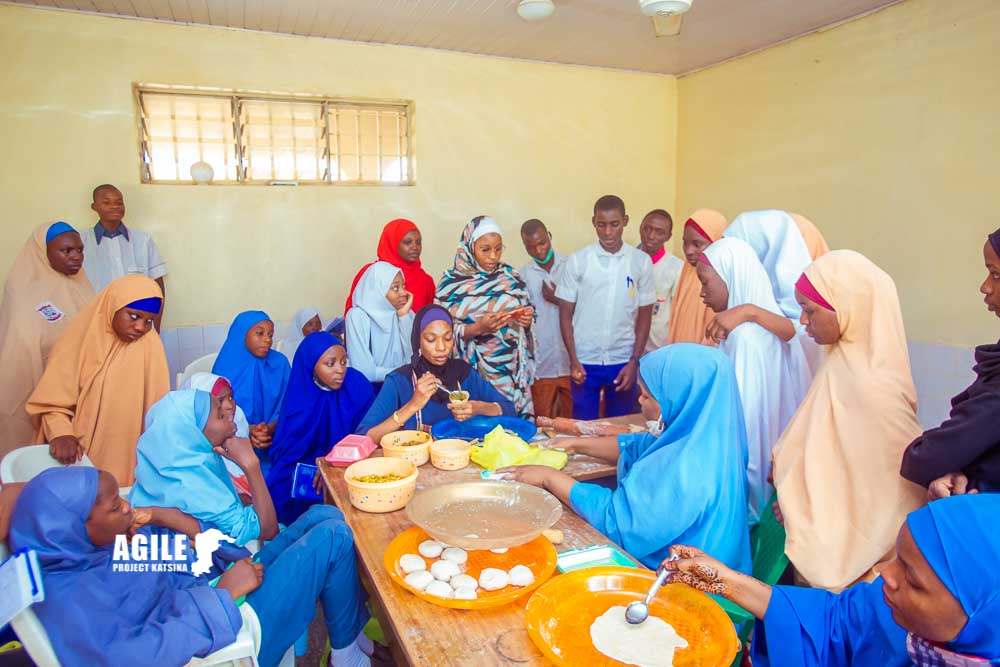Life Skills Training
A safe space approach will be used to deliver life skills training in schools. The life skills training program curriculum will cover four main modules: (i) life skills key topics (for example, conflict resolution, self-determination, confidence, negotiations and leadership); (ii) health awareness (e.g., basic health promotion, nutrition, reproductive health, basic hygiene, menstrual hygiene management [MHM]; (iii) GBV/SEA awareness and safety (e.g., approaches to prevent, mitigate and respond to GBV/SEA, linkages to a referral system for additional social services); and (iv) climate change (including awareness-raising and climate change adaptation approaches and skills). Trainings will also incorporate non-discrimination sensitization focused on marginalized groups, such as girls with disabilities. Teachers, with a focus on female counsellors from guidance and counselling units, will receive training in identifying children and youth who are experiencing psychological distress and in providing psychosocial support, particularly in the context of trauma in conflict affected states and due to the COVID-19 crisis. The training will be provided to all girls in schools to build their knowledge, skills and confidence in navigating life’s challenges while building their confidence and social networks.
Implementation arrangements: This activity will be implemented by the Guidance and Counselling Unit within each SME (supported by the SPIU and an identified implementing partner) in a phased manner. In the first year of project implementation, the curriculum will be developed followed by the training of trainers and training of female counsellors in at least 10 percent of junior and senior secondary schools in targeted areas. Following an evaluation of the training, it will be adjusted accordingly, and scaled up to cover all secondary schools in participating states.



